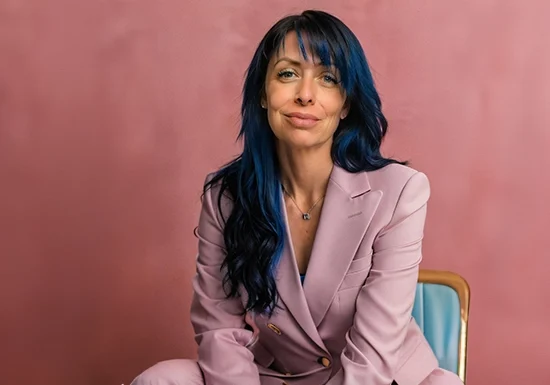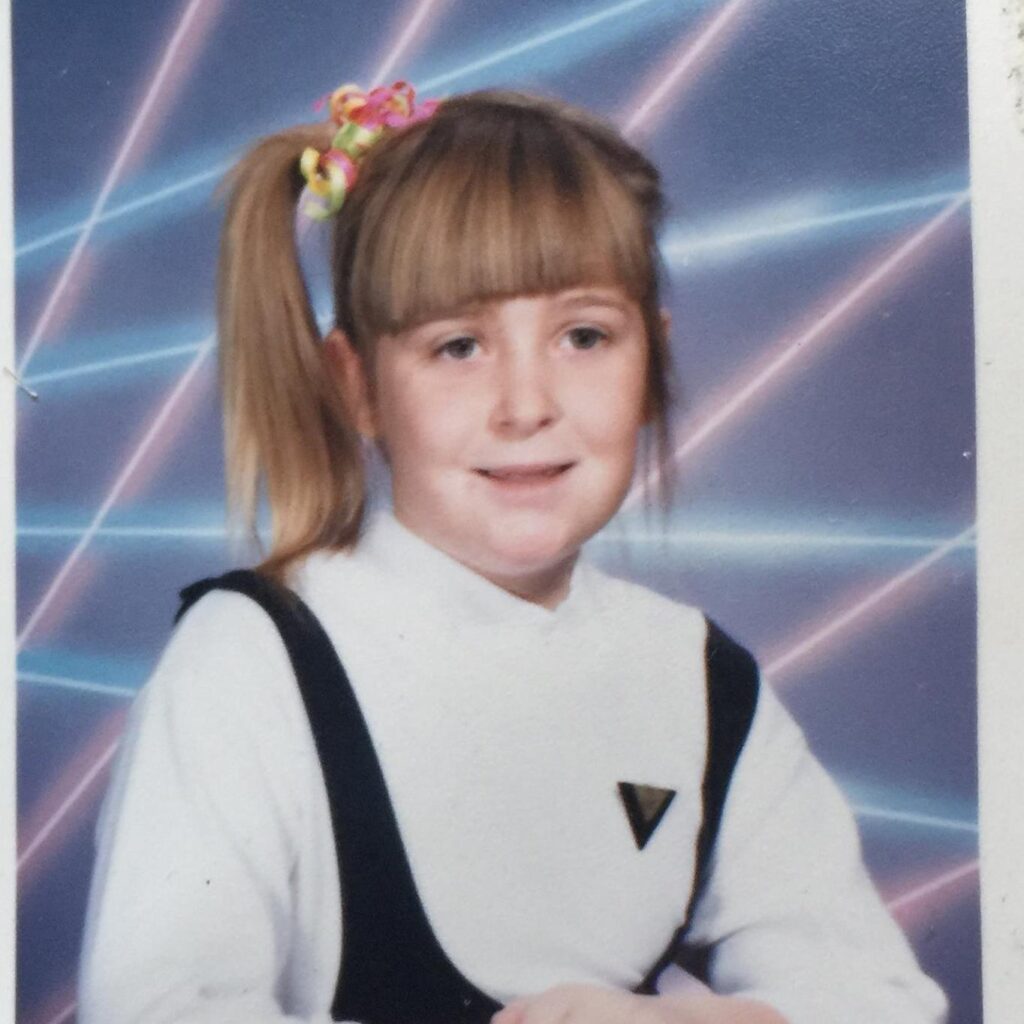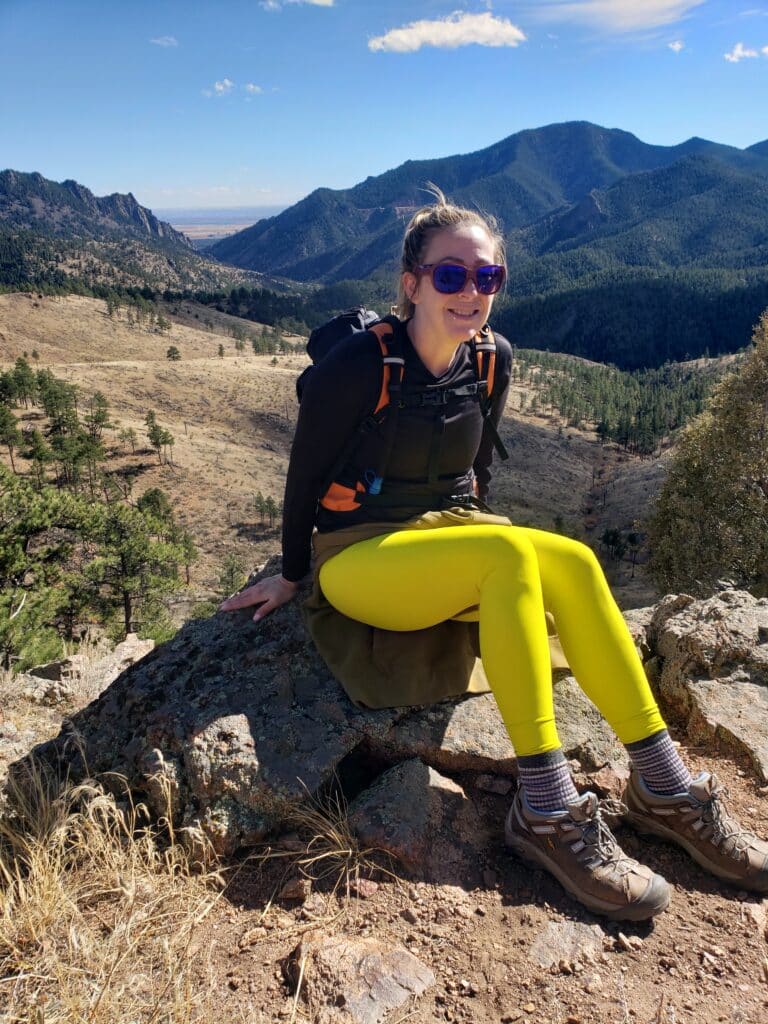The Diversity and Inclusivity at UoPeople Transformed Me
Sarah M., MBA
Updated: March 28, 2024
Published: October 16, 2022

“Lock your door,” my father said. “You see these people? We are not in a good neighborhood”.
He was referring to the city, which I didn’t go to much as a child. I remember being about 8 years old when my father pointed out “those people” (black people), implying that they were bad and dangerous. I never questioned my father’s racist statements or the xenophobic jokes he shared. This was “normal” for me; I was taught to be a xenophobe and a homophobe. Though I don’t believe my parents and extended family did this on purpose, they were all raised to see different people as lesser.

Growing up I actually was afraid of anyone who looked different from me. As I became a teenager though, I became more curious as I began meeting kids from different national and cultural backgrounds. I’d watch them, sometimes staring compulsively because I wanted to talk to them but it didn’t feel right. However, being a rebellious teenager was something I was good at and I slowly started to talk to these people and ask questions. I remember asking some really inappropriate questions of a black peer. I remember her laughing under her breath and reluctantly going along, answering my questions, entertaining me like she was being forced to. This is a terrible memory, and while it was awkward for me I can’t even imagine how badly she must have felt. Looking back, I only feel shame and guilt at having treated my peers in such an ignorant and disrespectful way.
It took me some more time to realize that some of the things my family said were downright obnoxious and unacceptable. It took a lot of self-reflection to understand that the things I was taught were unkind, discriminatory, and outright hateful, and I began to call my family out for it. Into my early adulthood, I stood up for people around me and I became an advocate supporting equal rights for all.
But joining University of the People transformed me in many ways, including the most uncomfortable one: it helped me realize that I still had a long way to go- and grow- to erase the bigotry I learned as a child.

UoPeople has a reach that spreads across the world, putting me in the most diverse and inclusive setting I have ever experienced. I connected with my fellow students in a group setting and chatted with them through social networks individually because I was excited to meet all these new and interesting people.
When I was reading through assignment submissions (we shared our work and graded each other’s papers) however, I was disgruntled by what I thought was the quality of the work. For some, English was not their first language and their spelling and grammar weren’t great. Others didn’t follow rules as closely as I did. I felt like I was much better than that (and them).
I went to my instructor immediately to share my grievances, expecting swift corrective action. Instead, we had a great discussion on how people’s differences give them a unique perspective. He asked me, “Do you understand the story they are conveying? Appreciate their story and take away from that, not their delivery”.
I was shaken. Was I really judging people for their lack of knowledge of writing etiquette?
Was I really criticizing them for not being native English speakers?
This was a moment of realization for me, an opportunity for me to take a pause and learn about positive intent. Going forward I learned to stop when those feelings started to bubble up, acknowledge them and ask myself “Do they know the rules for citations? Do they understand what passive voice is?”
It allowed me to develop my leadership skills by helping others and working with them to help them improve their writing skills. It strengthened my bond with my peers and further expanded on my ever-growing realization I was more than what I was raised to be. I was different, and I was learning that being different was a good thing- something appreciated in the professional world and so many other cultures than my own.
Different is beautiful, different contributes to life in a whole new way, different is so much more than anything I can ever imagine and that is what makes it so great.
Outside of my personal growth during this time and the amazing interactions I had with people all over the world, the curriculum at UoPeople offered me a course that changed my life: Cultural Intelligence. To this day, it is my favorite academic subject and I frequently listen to audiobooks on it. Midway through the course, there were sparks flying in my brain, it was a paradigm shift of the greatest proportions for me because I felt as if the pieces of my life made sense. I fully understood how and why I was raised the way I was, and that it was natural for me to fall away from my family. No other school shifted my perspective the way UoPeople did, and for this, I am deeply grateful.
University of the People can help you do so much more than just get a degree. You can get what you want from your education or get what you need, but if you truly open yourself up and be vulnerable to the process you can get so much more. For every single student and everyone thinking about becoming one: choose to be different today and embrace it. No matter where you are in your life right now, UoPeople has an opportunity for you to transform into an even greater version of yourself.
About the Author:
Sarah M. is a diversely trained process engineering and improvement professional. She currently works in a cross-functional position supporting hundreds of leaders at Amazon, USA, which is one of the “Big Five” American information technology companies. In her free time, she enjoys hiking and supporting local LGBTQIA people and organizations. she also participates in other non-profit organizations in her area. For advice or a lively chat, you can connect with Sarah on LinkedIn: https://www.linkedin.com/in/sarahmerlino/
